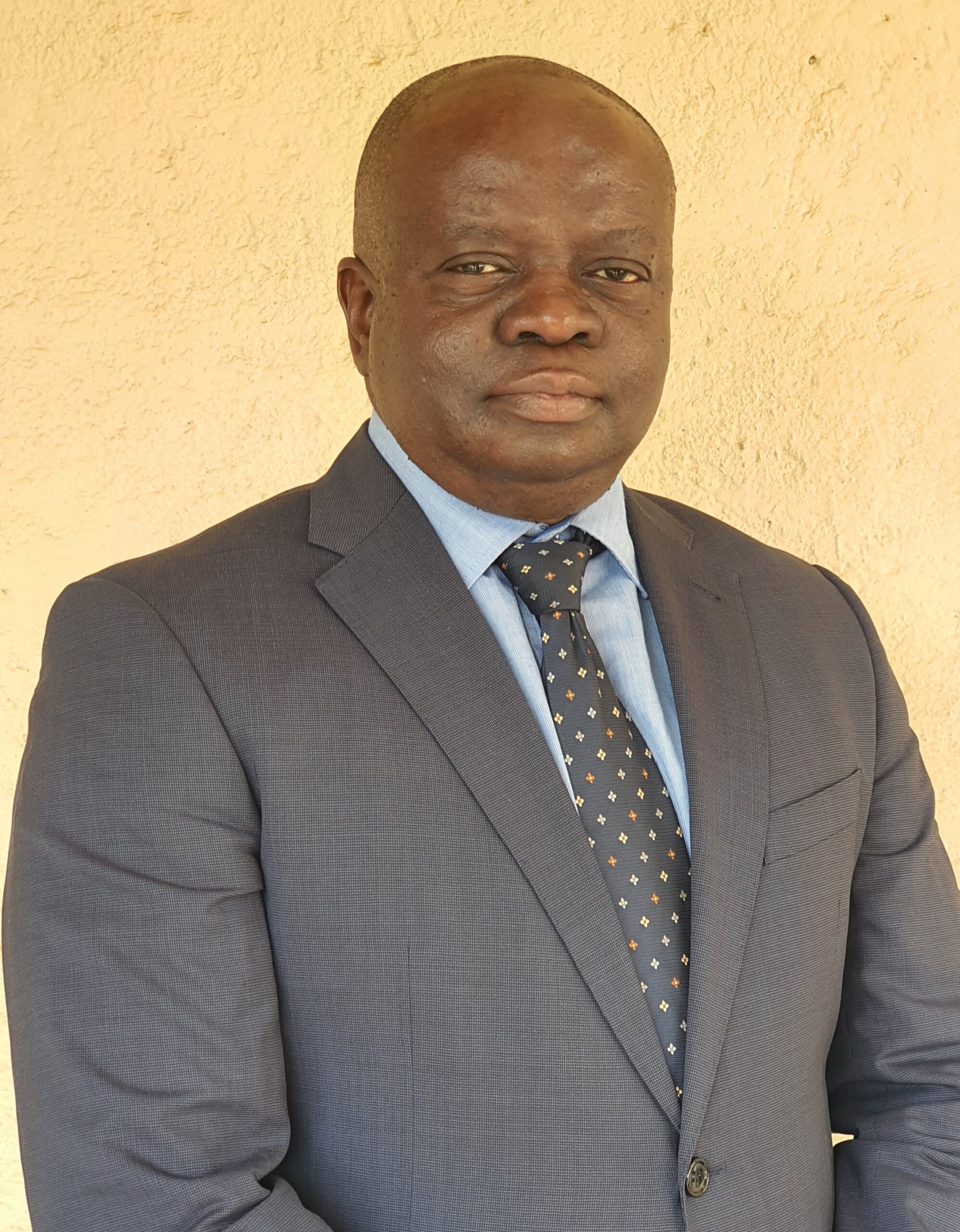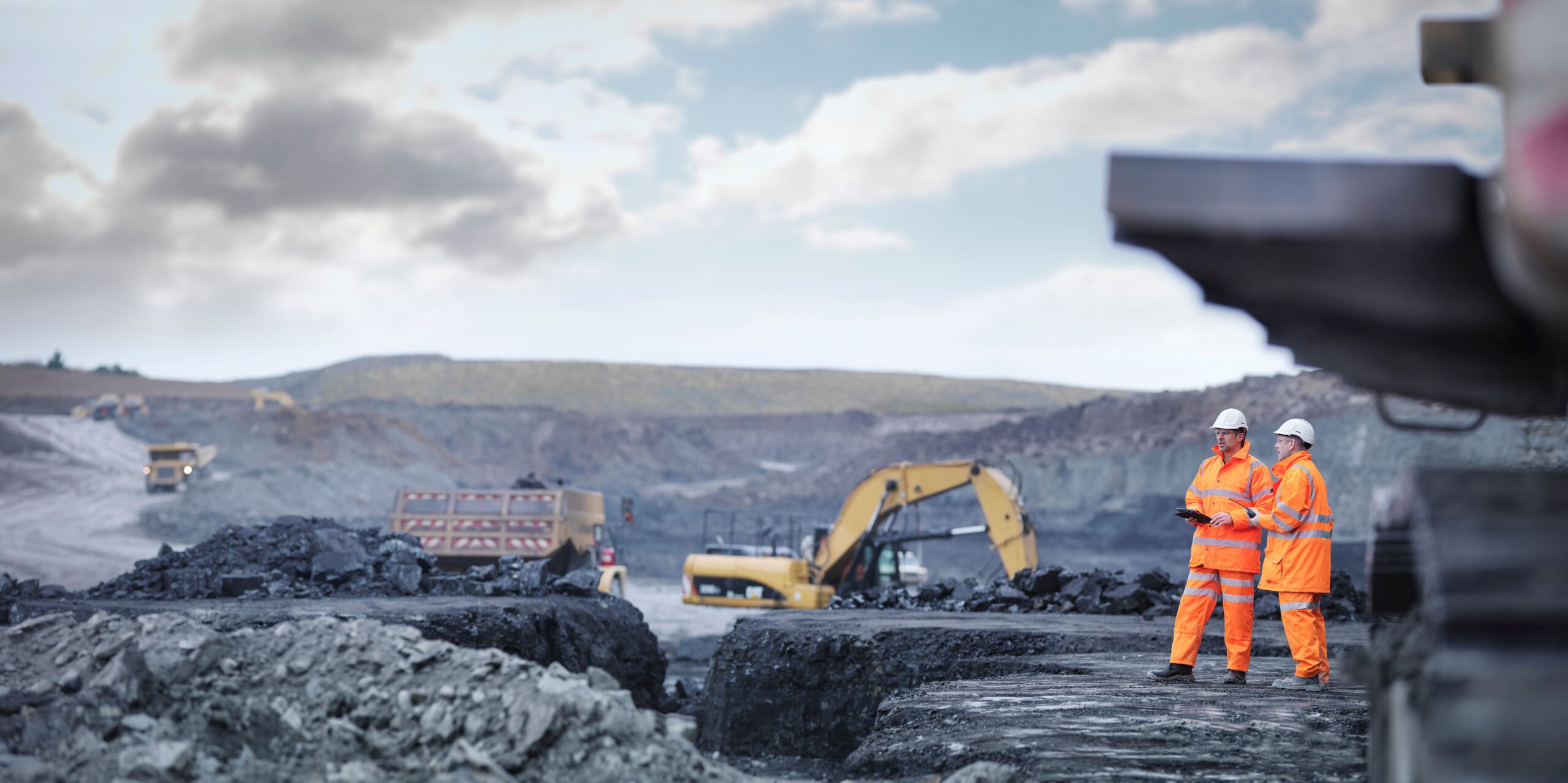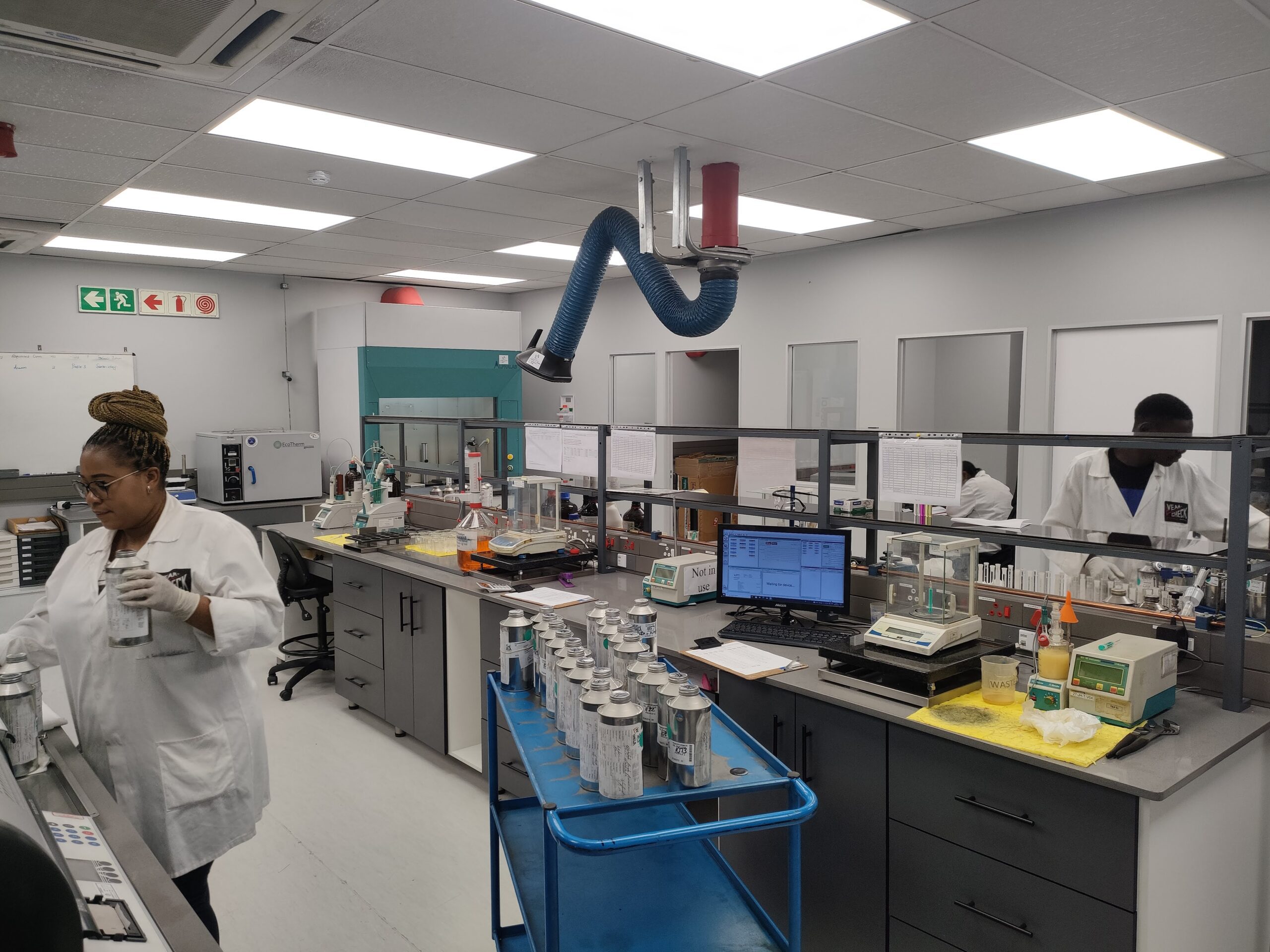
 With the Democratic Republic of Congo (DRC) being a key focus of Africa’s mining sector, the Investing in African Mining Indaba in Cape Town recently provided authorities with a good opportunity to update the mining fraternity on regulatory developments.
With the Democratic Republic of Congo (DRC) being a key focus of Africa’s mining sector, the Investing in African Mining Indaba in Cape Town recently provided authorities with a good opportunity to update the mining fraternity on regulatory developments.
There was particular interest at the Mining Indaba in the presentations by the Regulatory Authority for Subcontracting in the Private Sector (ARSP), according to Dominique Sambwa, geological consultant and chairman of SRK Consulting (Congo). The ARSP is a government body set up in terms of the 2017 mining law to manage the rules relating to subcontracting by the private sector.
“The subcontracting regulations require that companies serving the mining sector must be locally based and have at least 51% ownership by Congolese citizens,” said Sambwa. “The Indaba allowed the ARSP to update many foreign stakeholders on how this plan is being rolled out, and what it means for foreign-based service companies working in the DRC.”
Strengthening local economy
Vis Reddy, chairman of SRK Consulting (South Africa) and Africa lead for SRK Global, highlighted the importance of distributing the benefits of mining to local businesses and communities. This process strengthened the local economic ecosystem on which mining relies, while also building the local skills base and diversifying industrial activity – enhancing mining’s contribution to long-term sustainability.
“It was useful for delegates to hear input directly from the ARSP Commission, including their insights into how these localisation policies had been historically implemented in other parts of the world – including Europe and the US,” said Reddy. “Mining’s socio-economic contribution to host countries has been a prevailing theme at the Indaba, and it is encouraging to see the enabling strategies now being implemented.”
Local presence
 SRK Consulting has had an engineering consultancy practice in Lubumbashi for over a decade, managed and staffed by experienced local engineers and scientists. The practice has for some time been majority-owned by Congolese shareholders, providing valuable in-country support to mining companies. SRK Congo also operates a strategic initiative with partner practices SRK South Africa and SRK China to serve Chinese-owned mining companies.
SRK Consulting has had an engineering consultancy practice in Lubumbashi for over a decade, managed and staffed by experienced local engineers and scientists. The practice has for some time been majority-owned by Congolese shareholders, providing valuable in-country support to mining companies. SRK Congo also operates a strategic initiative with partner practices SRK South Africa and SRK China to serve Chinese-owned mining companies.
Sambwa noted that there are new ARSP taxes provided for by legislation, which will be used partly to support the development of local companies in establishing ventures in collaboration with foreign partners. The regulations will lead to more foreign service companies looking for Congolese partners, but the lack of capital for local firms to buy into joint ventures is likely to be a factor that inhibits progress.
Promoting collaboration
“It is anticipated that the taxes levied by the ARSP will contribute to efforts to build the capacity of local companies to partner with outside companies,” he said. “This assists foreign investors to enter this market by working with Congolese businesses and professionals who understand the local market, opportunities, processes and general corporate culture.”
In addition to the new subcontracting regulations, he highlighted two other crucial outcomes of the 2018 DRC mining law. The one was to dedicate a portion of revenues generated by a mine to the development of local communities – by contributing to community plans for economic sustainability through initiatives in agriculture and other sectors.
Community engagement
“The other change that mining companies need to understand is the Cahier de Charge, which requires that mines engage formally and effectively with local communities when setting development priorities and implementing these initiatives,” he said. “Through our experience in the sector and our expanding services, we have been able to pioneer successful projects in this regard with our clients operating in the DRC.”
SRK Congo mining engineer and country manager Susa Maleba noted that there was also considerable scope to develop renewable energy sources in the DRC – which would help mines to reduce their carbon footprint. This potential included hydroelectric and solar power, which could be implemented on a localised basis close to mining sites. Infrastructure improvements were still required on road and rail networks to streamline supply chains and reduce the cost of doing business.



























